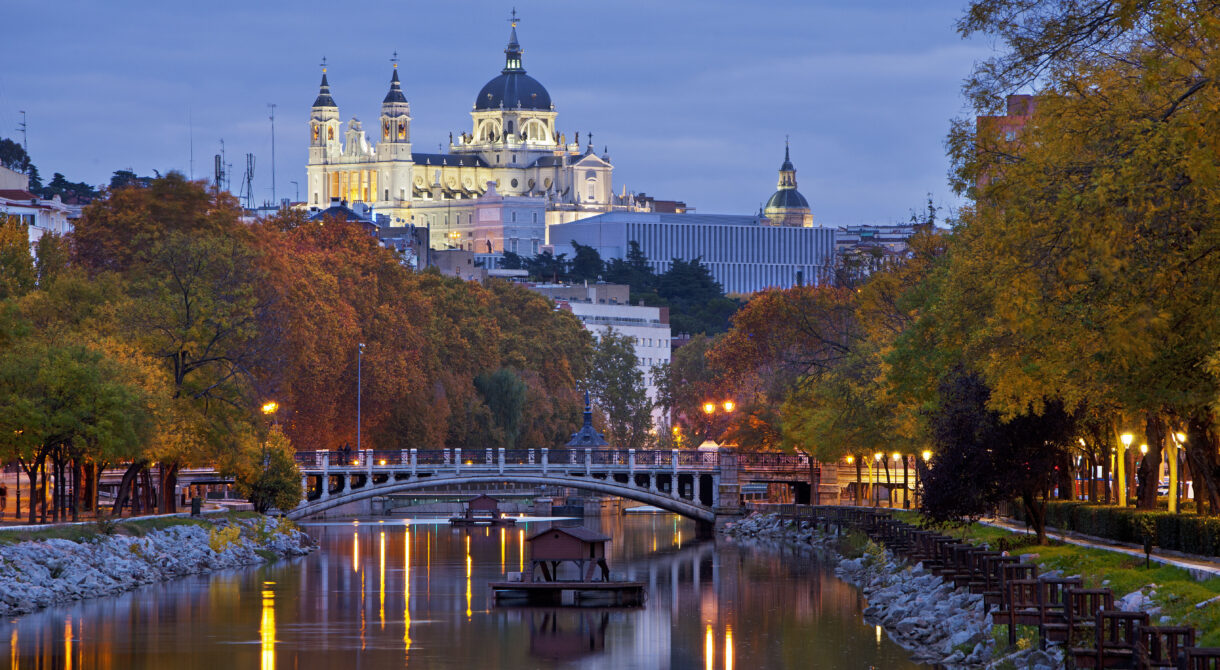Nowadays, it is not uncommon to hear terms such as positive impact and legacy in the business tourism industry. Nobody wonders what they mean or questions policies that promote positive impact in destinations and beyond.
It is actually beginning to become the norm for scientific associations to expect and request that potential destinations offer and establish measures in this field. The real winners are oftentimes the ones who can deliver based on these precise criteria.
There are many ways to bring legacy to a destination. All are valid, provided that these methods respect both the values of the meeting organizer and the needs of the destination. Above all, they need to comply with what is the hallmark of legacy vs social responsibility: the long-term sustainability of the results achieved by the legacy project.
What role do convention bureaux play?
Generally speaking, DMOs and the likes play a role that is somewhere between tourism promotion and economy development, insofar as that they are business promoters and developers, they attract meetings and events, and they form relationships with meeting organizers that can last for decades.
On the other hand, convention bureaus (CVBs) are very much aware that business meetings always have an impact – whether positive or negative – on the destination where they are held. By way of example, meetings generate profit for hotels, transport services, restaurants, and other service providers. However, they also leave a negative environmental or social footprint that affects the local population.
For these reasons, and given their knowledge of the destination, nowadays, convention bureaux must look ahead to the future and accept the part they must play in reducing the negative impact of business meetings. Shedding light on the fact that a prosperous future is only possible with innovation and social and environmental commitment, the current COVID-19 pandemic has only further emphasized the importance of this forward-looking attitude.
Without a doubt, as a tourism development organization that attract meeting organisers to a destination, a convention bureau should be the driving force behind projects that have a positive impact on the city.
With this in mind, a CVB must assume its responsibility towards creating positive impact or minimizing negative impact. These two very different tasks can actually depend on one another. On one hand, the bureau must be proactive every step of the way of an impactful legacy project. Additionally, given its insider knowledge of the destination, it must act as the link between possible stakeholders and legacy actions that take into account the stakeholder’s offer, the needs of the city (whether targeting a specific group of people or the population in general, or presenting a solution to a specific problem), and the values and philosophy of scientific associations and nonprofits that organize these events.
Every destination is unique: each boasts with a whole range of assets that these positive impact projects can engage with, whether social or environmental, cultural or societal. Ultimately, it is the convention bureaus that is the precious link between local governments, institutions, meeting organizers and stakeholders.
With their holistic overview of the interests and values of the meeting organizer, on the one hand, and the potential needs of the destination, on the other, CVBs are here to help with the sharing of knowledge, the caring for the environment, the supporting of disadvantaged persons, identifying topics and groups, bringing people into employment, and much more.
The Madrid Convention Bureau experience
Part of the Madrid City Council’s Tourism Department, the Madrid Convention Bureau decided, in 2019, to go one step further in the development of legacy and positive impact projects. Going from providing support to one-off initiatives, it began creating ad-hoc activity schedules for meeting organizers with their eye on the Spanish capital.
As their starting point, this year they have conducted a pilot test with a select range of conferences. In this context, they collaborated with the 4th edition of the European Emergency Medical Services (EMS) Congress by setting up first-aid training stations for the citizens of Madrid, in addition to supporting the “Healthy Lungs for Life” campaign by the European Lung Foundation (ELF). For this event, marquees were set up in the centre of Madrid to conduct lung function tests and promote good practices regarding sports, the need to quit smoking and diet. Alongside these activities for the general public, presentations and talks on specialized topics were given, making the most of the knowledge of the experts who were visiting the capital to attend the European Respiratory Society (ERS) International Congress.
The next step consisted in the creation of their very own department dedicated to legacy and sustainability. Together with meeting organizers visiting Madrid, this department aims to propose and select a range of activities and options that best represent the philosophy and the values of the company in question. In addition, it identifies and forms alliances with the local stakeholders who will ultimately carry out these actions.
ESTRO 2021
Applying to host the ESTRO 2021 also proved to be a hallmark in Madrid Convention Bureau’s initiatives, given the scale of this congress and that the bidding application focused on legacy. Specifically, the positive impact project submitted by the Madrid City Council was crucial in the decision-making process by the European Society for Radiotherapy and Oncology, and resulted in the capital being selected as the location for the 2021 congress.
Drawing upon their experience with this project in particular, let’s note that, despite the event being redesigned to meet the needs of the pandemic, its first initiative was kicked off last year to promote radiotherapy and oncology with the launch of a website for professionals and the general public.
During the months running up to the congress, Madrid Convention Bureau will also be supporting a range of campaigns with the local partner society, with the priority being to first target professionals and secondly the general public. The common denominator of this project – which can be summed up by the slogan of one of its campaigns la radioterapia cura (Radiotherapy saves lives) – aims to shed light on an area in medicine that is not very well known and even feared by cancer patients and often overlooked by Spanish healthcare professionals.
Raising awareness
The promotion of legacy in the capital would not be complete without events that raise awareness on the topic. With this in mind, this December, Madrid will host the BestCities Global Forum, bringing together the 12 cities that form part of the alliance, in addition to around 20 members of international scientific associations, in a three-day event to exchange ideas and knowledge. This represents an opportunity to put legacy into practice in a diverse range of fields, all of which are close to the heart of BestCities.
Another stakeholder that was particularly drawn to the capital’s offering was the Spanish Red Cross, which since 2020 has worked with Madrid in an official capacity to organize events with a positive impact.
Even in areas that do not directly concern tourism at the Madrid City Council (which the Madrid Convention Bureauforms part of), there is an environment that fosters the sustainability and legacy of large-scale events. This can be seen in the recently-introduced municipal regulations that minimize the negative environmental effects of large indoor and outdoor events. In this regard, events with more than 5,000 attendees must conduct a report analyzing their environmental impact and guaranteeing sustainability. In addition to calculating the event’s carbon footprint and offsetting greenhouse gas emissions, these events also encourage participants to recognize the part they play in leaving behind a positive legacy.*
*Ordinance for Air Quality and Sustainability, City of Madrid, March 2021.
This article is graciously sponsored by Madrid Convention Bureau, whose values align with the Building Back Better concept.

